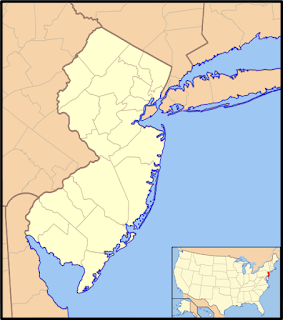What I Learned at Barth Camp 2015

Last week I attended the annual Karl Barth Conference at Princeton Theological Seminary -- which some of us on social media affectionately call "Barth Camp." (Actually, I should clarify I attended Barth Camp part one, as this conference was followed immediately by a conference geared for pastors.) The theme of the conference was Barth's interpretation of Gospel texts and the rota of speakers included experts in systematic theology, ethics and biblical studies. It was was a wonderful event with superb and serious papers and much food for rumination in the weeks and months to come. New Jersey is bigger than it looks on a map. Happily, if you weren't able to go, the plenary papers can now be viewed online through the seminary's online streaming channel . I won't try to summarize these talks here, though I have pages of hurriedly scribbled notes. What I offer you instead, gentle readers, is just a few personal impressions from the experience: On this trip I
